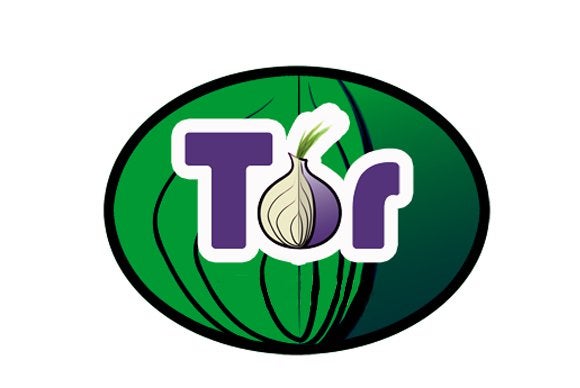
The real beauty of the Tor system is that you do not have to trust anyone. This should mean that at no point can anyone know the whole path between your computer and the website you are trying to connect to (even if some nodes along the path nodes are controlled by malicious entities).Each node is only aware of the IP addresses “in front” of it, and the IP address of the node “behind” it.


Tor is 100% free and open source, although it does accept donations. Thanks to being free, Tor can also make quite a handy anti-censorship tool, but many repressive governments go to great lengths to counter this by blocking access to the network (to varying degrees of success). Tor, on the other hand, is a vital tool for that tiny subset of internet users who really require the maximum possible anonymity. VPN does, however, provide a much better day-to-day internet experience, and because of this, is a much more flexible general-purpose privacy tool. Using a VPN can provide a high degree of privacy, but should never be regarded as anonymous (because your VPN provider will always know your true IP address).

Tor provides a very high degree of true anonymity, but at the cost of day-to-day internet usability. Read my Tor Network Review to find out more! There are core differences between the technologies, however, that in practical terms make them useful in quite different ways. In some ways, then, it serves a similar purpose to using a VPN. The Tor network aims to provide users with truly anonymous internet access.


 0 kommentar(er)
0 kommentar(er)
